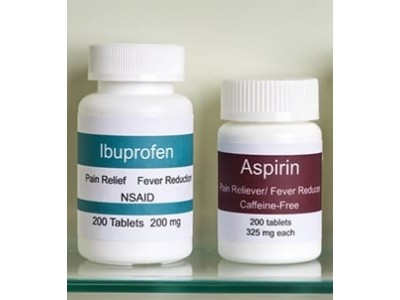Introduction to Preeclampsia
Preeclampsia is a pregnancy-related condition characterized by high blood pressure and potential damage to other organs, typically developing after the 20th week of pregnancy. Managing preeclampsia is crucial for the health of both the mother and the baby. The recommended treatment for preeclampsia involves a combination of strategies to control symptoms and reduce complications.
Also read australia drug store.
Medication Choices: Aspirin vs Ibuprofen
In addressing preeclampsia, one of the primary considerations is the choice of medication. Ibuprofen use in preeclampsia is generally discouraged because it can adversely affect kidney function and exacerbate symptoms. Ibuprofen is a nonsteroidal anti-inflammatory drug (NSAID) that can impair kidney function, which is already compromised in preeclampsia.
In contrast, aspirin treatment for preeclampsia is often used, particularly in low doses. Aspirin has been shown to reduce the risk of severe preeclampsia and improve outcomes by improving blood flow and reducing inflammation. The use of aspirin is supported by numerous clinical guidelines and studies that highlight its benefits in managing preeclampsia, especially for women at high risk.
Preeclampsia Management Guidelines
The preeclampsia management guidelines emphasize a comprehensive approach to treatment. Management typically includes monitoring the mother’s blood pressure, assessing the baby’s health, and administering medications as needed. Preeclampsia medication options might include antihypertensives to control blood pressure and, in certain cases, aspirin to manage inflammation and prevent complications.
The choice between ibuprofen vs aspirin for preeclampsia is informed by the potential risks and benefits. While ibuprofen is generally avoided, aspirin is recommended in specific cases to help manage symptoms and prevent progression. The effectiveness of aspirin in preeclampsia is well-documented, making it a preferred option for many healthcare providers.
Conclusion: Choosing the Right Treatment
In conclusion, managing preeclampsia involves careful consideration of medication options and adherence to established guidelines. While ibuprofen vs aspirin for preeclampsia presents a critical decision, aspirin remains a key component of treatment due to its proven benefits. Understanding the preeclampsia treatment options and the role of preeclampsia and pain relief strategies is essential for effective management. By following preeclampsia and aspirin guidelines and leveraging the effectiveness of aspirin in preeclampsia, healthcare providers aim to ensure the best possible outcomes for both mother and baby.
